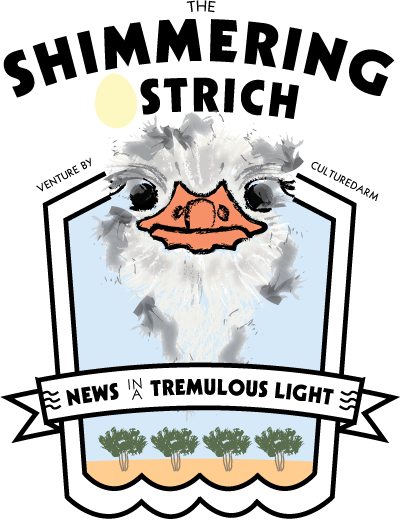
Poor Michael Heseltine, the wily old fox, with a mane of hair that once gave him the nickname ‘Tarzan’, who has been cruelly cast as saying that Brexit clears the way for German domination, with scant regard for the context or the flutterings of his heart. As a matter of fact, he never used the word ‘domination’.
Lord Heseltine, just turned 84, was recently relieved of five economic advisory roles after defying the wishes of the government and voting in the House of Lords against Brexit. Undeterred he vowed, ‘If anyone is listening, I will continue to play a role in trying to avert what I perceive to be a disaster of British self-interest’.
Heseltine was certainly backward albeit quintessentially British in readily invoking the war. In an interview with The House Magazine he said:
‘For someone like myself, it was in 1933, the year of my birth, that Hitler was democratically elected in Germany. He unleashed the most horrendous war. This country played a unique role in securing his defeat. So Germany lost the war. We have just handed them the opportunity to win the peace.’
But lost in the headlines were some of the nuances of his argument. Heseltine was referring less to the hard power of military of even economic coercion, more to the soft power of engagement and influence.
His point was that outside of the European Union, Britain will lose negotiating opportunities and international prestige, as he suggested that the nation will no longer act as a bridge between the Commonwealth, the United States, and Europe, adding ‘The Americans will shift the focus of their interest to Germany’.
If his argument was inappropriately phrased, it was mostly as he sought to decry Britain’s present backwardness. Heseltine singled out Theresa May for criticism, asking how the Prime Minister – who as Home Secretary campaigned for Remain and gave a speech calling on Britain to ‘stand tall and lead in Europe’ – could ‘within a few weeks, say Brexit is Brexit and ask the nation to unite behind it’.
Inevitably Heseltine’s comments brought a flurry of complaints. His fellow Conservative David Davies called Heseltine’s ‘an analysis that is decades out of date. We can’t carry on as if we are all still living in the 1950s’. And a UKIP spokesperson cried:
‘What an extraordinary thing to say. Has he lost his marbles? I never realised the purpose of Britain’s membership of the EU was to stop German domination of Europe. For someone who is deeply pro-European to basically say he doesn’t trust the German people not to misbehave shows how utterly out of touch he is with the modern world and the modern, democratic and free Germany.’
Better to leave the war rhetoric to today’s generation of ultra-modern Tories and UKIPers. Of course it is UKIP who have repeatedly claimed that the EU is nothing but a strongman show orchestrated and administered at the behest of the Germans.
In November 2011, commenting on the European debt crisis, Nigel Farage boasted on a rare visit to the European Parliament, ‘Into this vacuum steps Angela Merkel, and we are now living in a German-dominated Europe, something this European Union was supposed to stop’.
In October 2015 he tweeted a video of himself again shouting at the European Parliament, with the thrust of his message ‘We are living in a German-dominated Europe of disharmony’.
Last March, ahead of the UK’s EU membership referendum, Farage bemoaned Merkel once more for appearing to ‘speak on behalf of all’ Europeans, adding ‘That is causing massive, massive resentment […] I sense that one or two countries are now on the verge of bringing her down a peg or two. She is still the top dog, if you like, in the EU – but one or two countries are beginning to kick back.’
And just last month, he admitted chanting a Second World War song at his German wife, just days before the demise of his seventeen-year marriage, noting ‘I get a bit of stick back too. It’s quite funny really isn’t it?’.
The Conservatives are hardly exempt. Last May Boris Johnson, the recently departed London Mayor and suddenly fervent Leave campaigner, argued that the EU showed a desire to ‘rediscover the lost childhood of Europe’ by mimicking the Roman Empire and forging a European superstate, adding ‘Napoleon, Hitler, various people tried this out, and it ends tragically’.
Then in January Johnson, relishing his new role as a diminished Foreign Secretary, in his own special way sought to ensure trade ties with France, waffling aloud and pondering:
‘If Mr. Hollande wants to administer punishment beatings to anybody who seeks to escape, in the manner of some World War Two movie, I don’t think that is the way forward, and it’s not in the interests of our friends and partners.’





